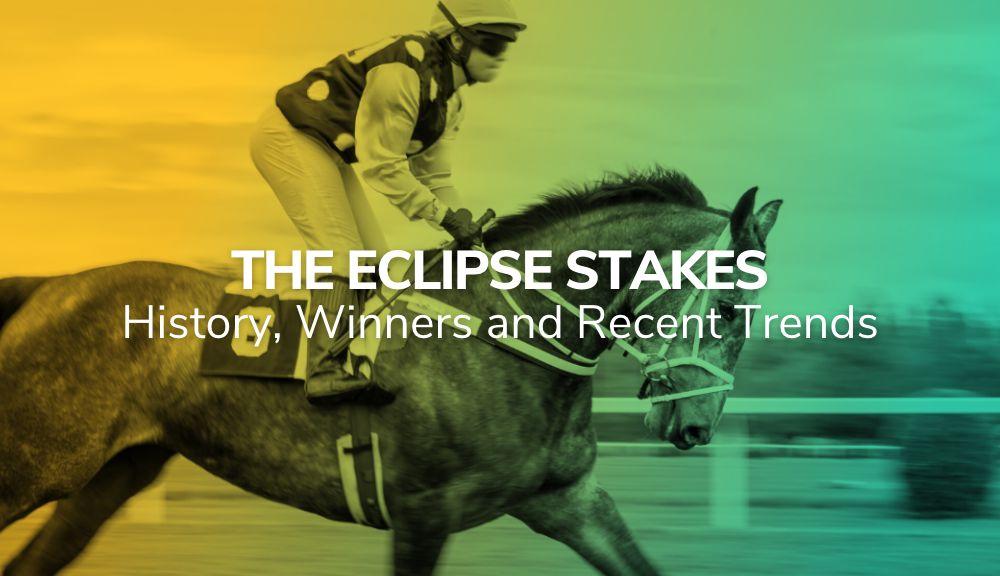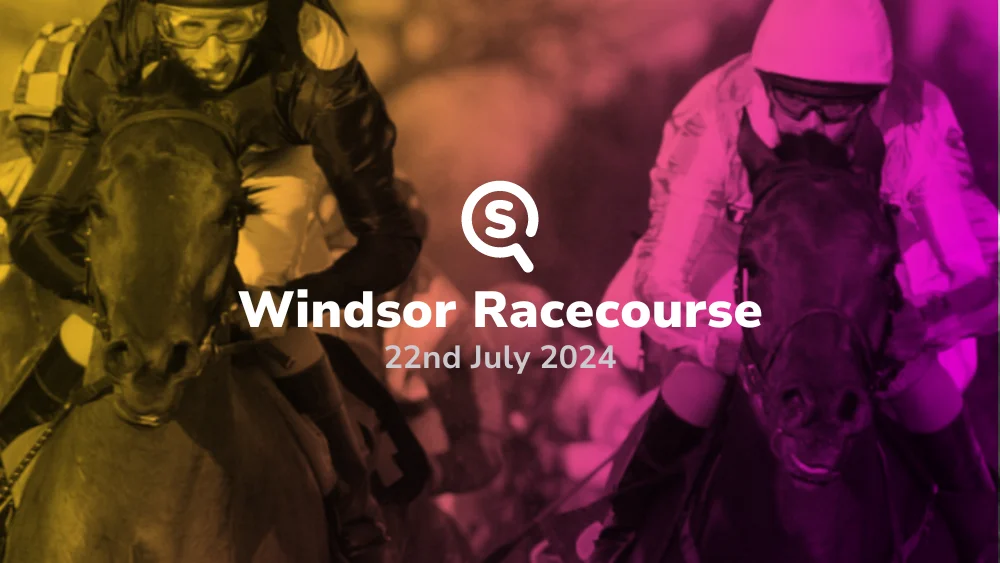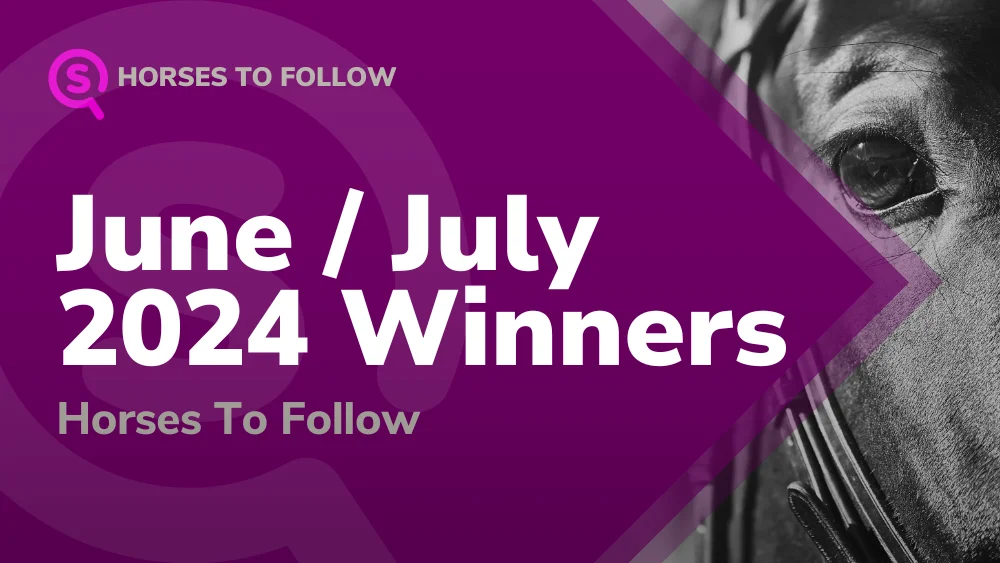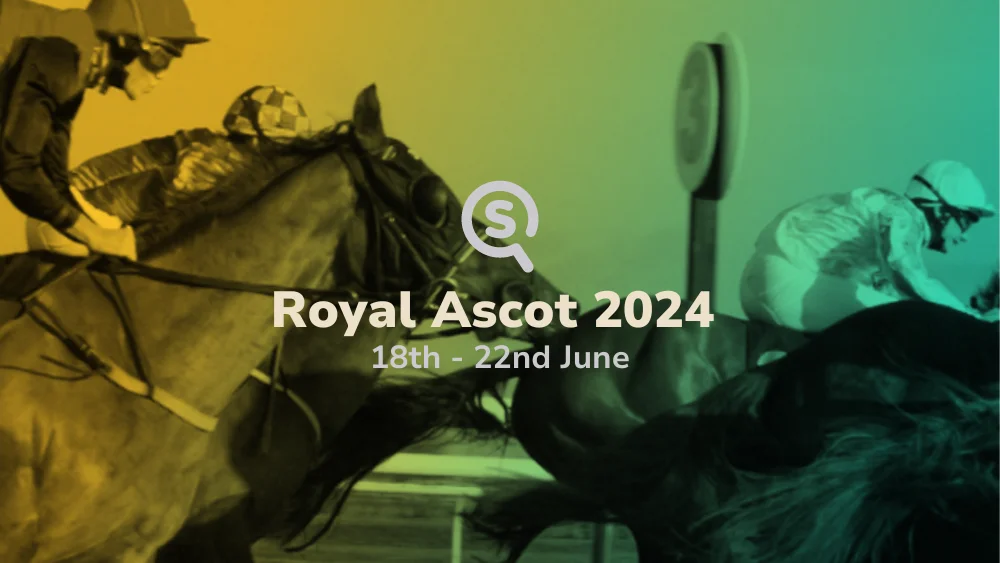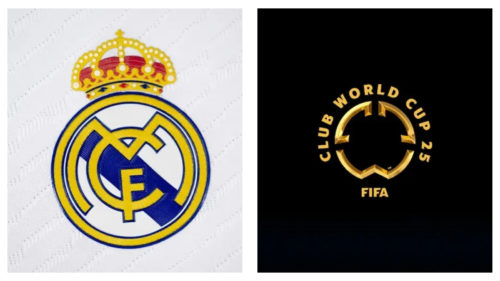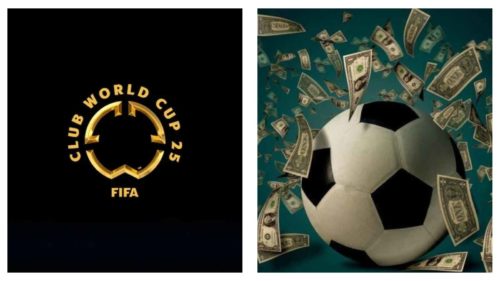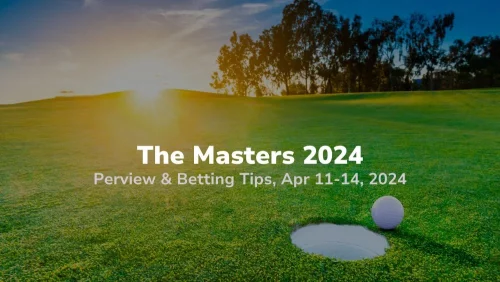The Eclipse Stakes
The British Champion Series moves to Sandown this Saturday with the Coral Eclipse Stakes over 10-furlongs. This is the first opportunity that we will get to see the 3-year-old generation take on their elders and a brief look through the roster of winners of this race shows the high esteem in which the form should be held. Named after Eclipse, a superstar of the eighteenth-century racing world and the most influential sire in the history of racing, this 10-furlong contest is a stallion maker. Over 95% of modern thoroughbreds can trace their ancestry back to Eclipse and the race has always been worthy of having his name attached to it.
History
First run in 1886, at the time it was the richest horse race ever run in Britain and it quickly established itself as one of the highlights of the turf season. The inaugural running was won by Bendigo under Tom Cannon Sr, who rode the first 2 winners of this race. In 1889, Ayrshire became the first horse to complete the Epsom Derby and Eclipse Stakes double, whilst the highlight of its early years came in 1903 when the first 3 home were Ard Patrick, Sceptre and Rock Sand who won 7 classics between them. The Eclipse stakes has been won by so many great horses that it would be impossible to name them all, but winners like Brigadier Gerard, Mill Reef, Sadlers Wells, Dancing Brave, Pebbles, Nashwan, Hailing, Sea the Stars, Golden Horn and Enable highlight the strength of this race and its impact on the sport.
Leading Individuals
A riding ban will sadly prevent Frankie Dettori from trying to add a fifth Eclipse win to his CV before he retires, but he is just one of the great jockeys of the sport to have won this race. Like so many of the top races in Britain, Lester Piggott holds the record for the most wins, with 7 victories between 1951 and 1977. Although Gordon Richards only managed 1 win in the race, aboard Pasch in 1938, other modern greats like “Smoking” Joe Mercer, Pat Eddery, Greville Starkey, Willie Carson, Walter Swinburn and Mick Kinane were all able to add their names to the winners’ roster on more than one occasion.
Great horses have won this race and have been ridden by great jockeys, so naturally the greats on the training ranks have also added their names to its history. Names like Fred Darling, Vincent O’Brien, Sir Henry Cecil and Dick Hern appear multiple times on the winners’ board, but in recent times it has become synonymous with 2 names, Sir Michael Stoute and Aiden O’Brien. They have trained 6 winners each and share the leading trainers record with Alec Taylor Jr, who also trained 6 winners of the Eclipse between 1909 and 1923. Given the prowess of Stoute and O’Brien, it will surely not belong before one or other of them takes the record on their own.
Recent Trends
The 3-year-olds receive an 8lb allowance from their elders and that has given them an edge in the last 20-years, with nine 3-year-old winners since 2000 including 3 of the last 5. Golden Horn was the last Derby winner to triumph (2015) but the most recent renewals have pointed to the French Derby, the Prix du Jockey Club, as the key piece of form to look out for as both St Marks Basilica (2021) and Vadeni (2022) won at Chantilly before coming to Sandown. That trend would make sense as the Prix du Jockey Club is run over the same 10-furlong trip and there are a lot of similarities between the 2 tracks.
In the last 20 years the race has been very kind to punters, with 8 winning favourites and a further 6 winning second favourites. There have only been 2 winners since 2003 with odds of 9/1 or greater, Mukhadram (2014) and Oratorio (2005). The Colts and Geldings dominate this race, with Enable (2020) the only Filly to triumph in the last 20-years. In a race that normally has a small field, there is no obvious draw bias, but winning form has become key, with 8 of the last 20 winners having won on their penultimate start and perhaps more significantly, all of the last 20 winners had finished in the first 5 on their previous start.
